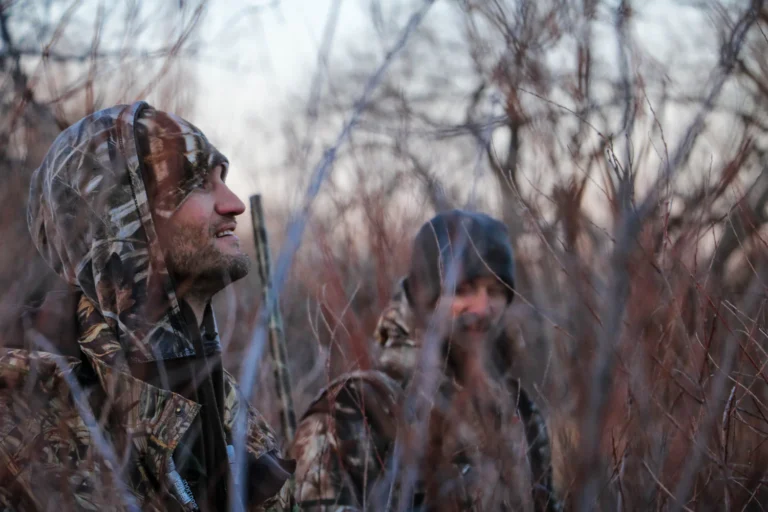Duck hunting has a special appeal for outdoor enthusiasts, combining skill, patience, and respect for nature.
For beginners, the challenges of duck hunting can be both exciting and daunting, from understanding the behavior of ducks to handling the physical demands of hunting in various terrains.
Let us talk about it in greater detail.
Essential Gear for Duck Hunting
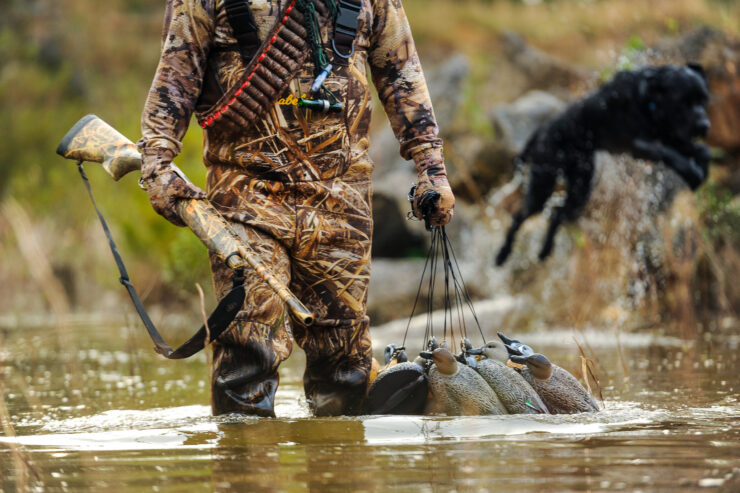
Before anything else, consider the gear you will need carefully.
Firearms
Choosing the right shotgun is foundational in duck hunting. A suitable firearm should be reliable, weather-resistant, and comfortable to handle.
Opt for a 12-gauge or 20-gauge shotgun, as these are most commonly used for waterfowl.
Safety is paramount: always keep the gun unloaded until ready to fire and practice safe handling at all times.
Regular maintenance, like cleaning and oiling, prevents malfunction and ensures the firearm’s longevity.
Camouflage Clothing
Ducks have keen eyesight, making camouflage a necessity. Effective duck hunters blend seamlessly into their environment with the right clothing.
Waders are essential for water environments, allowing hunters to stay dry while maneuvering through marshy or wet areas.
Waterproof gear is equally important to protect against unpredictable weather, keeping the hunter dry and comfortable for extended periods.
Decoys and Duck Calls
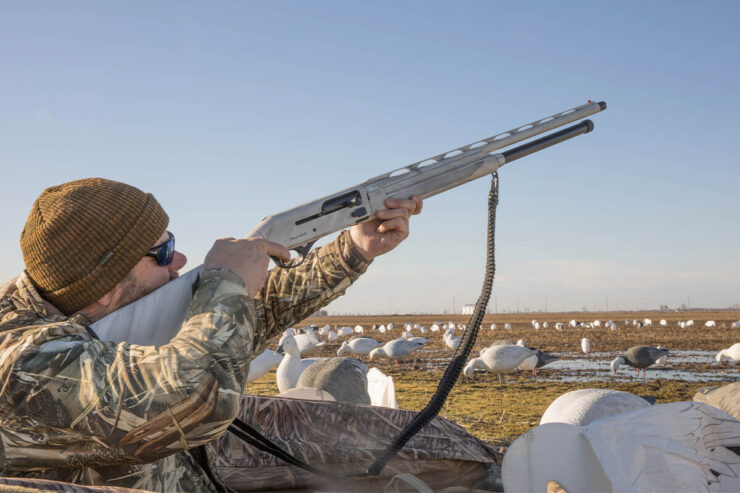
Decoys and duck calls are instrumental in attracting ducks within shooting range.
Setting up a realistic spread of decoys helps simulate a safe landing area, enticing ducks to come closer.
Duck calls require practice to mimic natural sounds effectively. Beginners should start with simple calls and work up to more complex ones as they build confidence.
Proper timing and volume are essential to avoid startling the ducks.
Decoys are absolutely essential to ensure your success. If you want to read more about these, and even see some examples, visit https://www.divebombindustries.com/collections/decoys.
Other Essential Gear
Additional items like duck blinds offer concealment, allowing hunters to remain hidden.
Bring ample ammunition, appropriate for waterfowl hunting, as well as retrieval tools like a net or retriever line.
These tools aid in recovering downed ducks, especially in challenging terrain, ensuring a successful and ethical hunt.
Safety Precautions for Duck Hunters
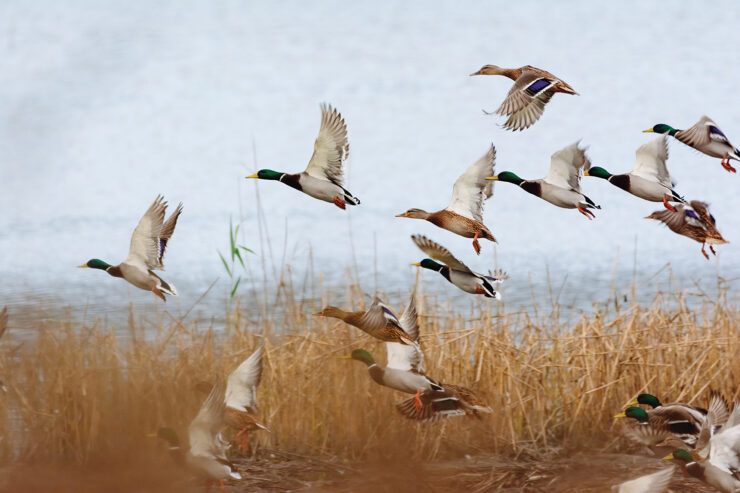
After you get all the gear you need, the next step is to think about your safety.
Gun Safety
Gun safety cannot be overemphasized in duck hunting. Always keep firearms unloaded until they are ready for use, and store them securely when not in immediate use.
Never point a firearm at anything other than the target. Practicing these habits will help prevent accidents and ensure that every hunt is conducted responsibly.
Personal Safety Gear
Protective gear is essential for duck hunters. Ear protection guards against the loud gunshots that can damage hearing over time.
Eye protection shields against debris, mud, and accidental shell discharge, enhancing safety and comfort throughout the hunt.
Retriever Safety
For those hunting with retrievers, keeping the dog safe is a top priority. Training the retriever to respond to commands can keep them safe from potential dangers.
Always ensure the retriever knows how to retrieve safely, both for the dog’s well-being and the success of the hunt.
Skills for Successful Duck Hunting
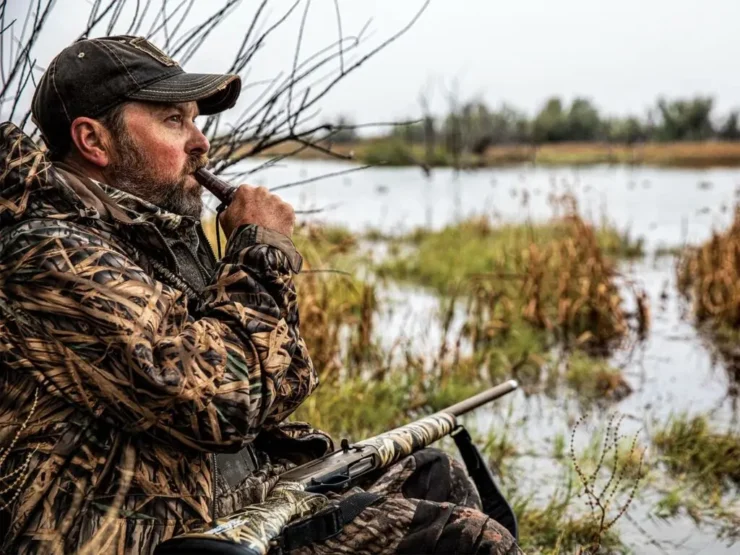
Finally, having at least the basic set of skills before you go hunting for the first time will make a world of difference.
Basic Shooting Skills
A successful hunt depends heavily on shooting skills. Practice aiming and timing to shoot accurately as ducks are in flight.
Learning to lead your shot (aiming ahead of the duck’s path) can increase your accuracy, as it accounts for the duck’s movement and speed.
Effective Use of Calls and Decoys
Using duck calls and decoys effectively requires timing and skill.
Calls should match the behavior you want to encourage in the ducks, whether it’s attracting attention or encouraging them to land.
Placing decoys strategically simulates a safe, appealing area for ducks to land.
Situational Awareness
Situational awareness is critical for safety and success. Always be mindful of other hunters, dogs, and nearby obstacles.
Knowing where everyone is at all times minimizes accidents and enhances the overall hunting experience.
Summary
Preparation, safety, and respect are the cornerstones of responsible duck hunting.
With the right gear, skills, and ethical practices, beginners can enjoy a rewarding experience that extends beyond the hunt itself.

